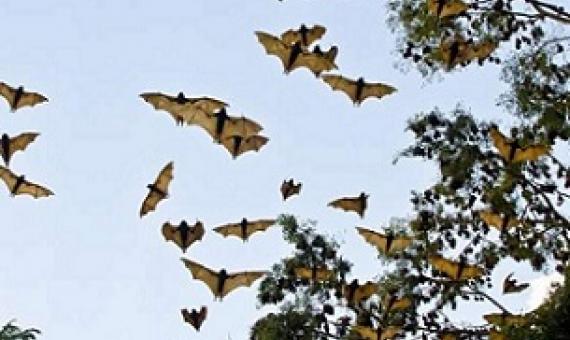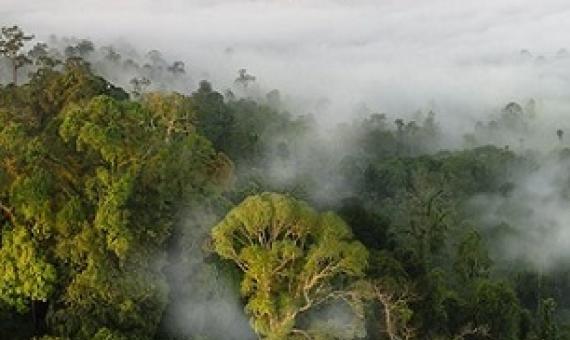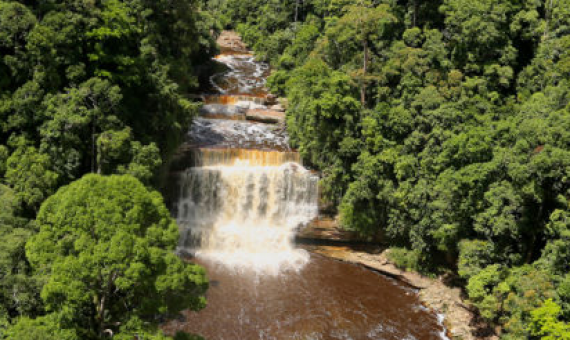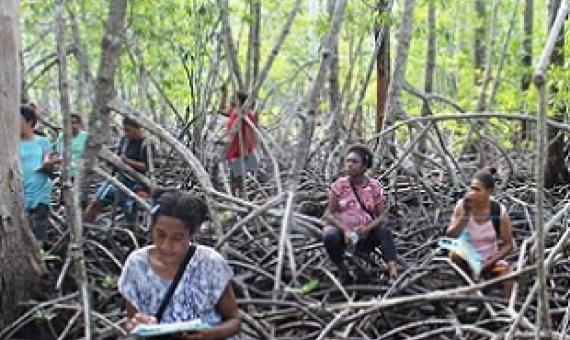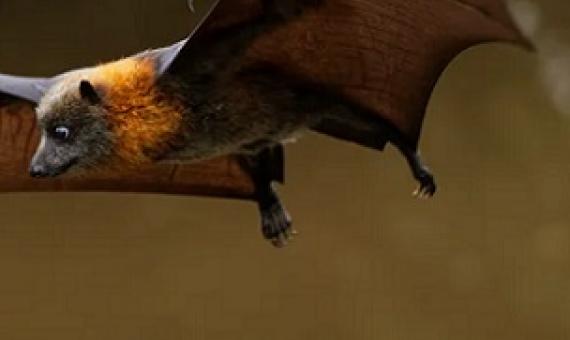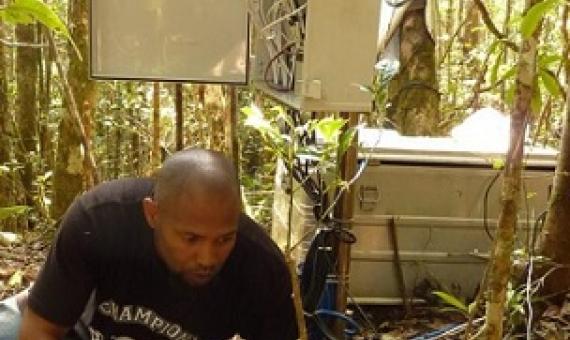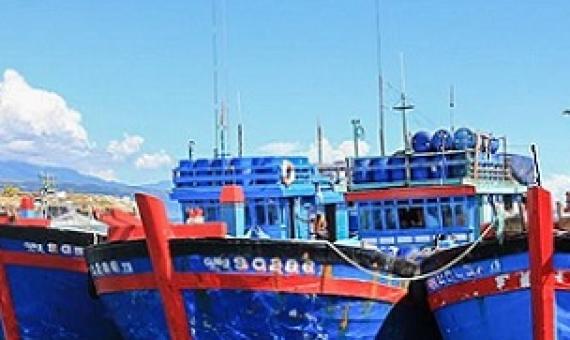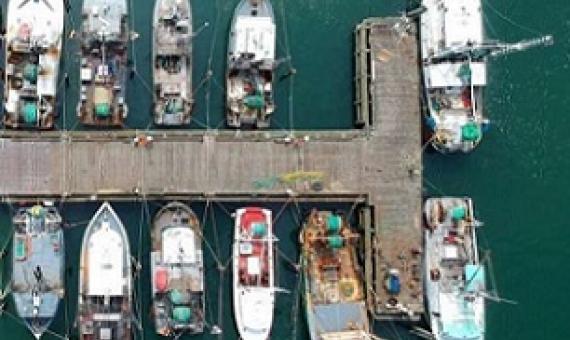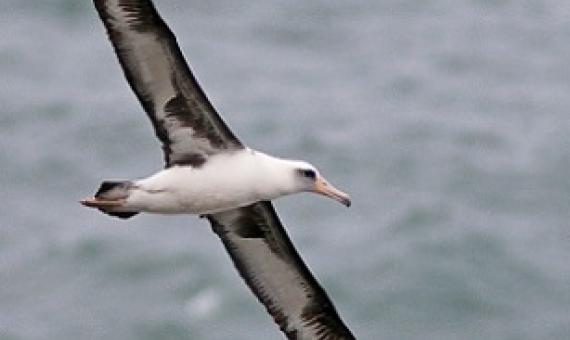CABI scientist Dr. Arne Witt has shared his expertise on invasive alien plant species as part of a new paper which argues that healthy ecosystems are vital in reducing the risk of future pandemics—such as coronaviruses (including COVID-19) - that threaten human health.
As governments map their road to recovery from COVID-19, protecting nature will be critical to preventing the spread of future zoonotic disease outbreaks, experts say. Yet a study released today...found that more countries undermined rather than supported nature in decisions m
A study conducted by a team of researchers fromNanyang Technological University, Singapore (NTU Singapore) has found that Singaporeans who score high levels of empathy choose to prioritize the environment over the convenience and comfort of both themselves and their families or co-workers.
Women are largely being excluded from decisions about conservation and natural resources, with potentially detrimental effects on conservation efforts globally, according to research.
Scientists have found another piece in the puzzle of how echolocation evolved in bats, moving closer to solving a decades-long evolutionary mystery... An international study led by us, published today in Current Biology, has shown how the capability for sophisticated echolocation n
Humans have made a remarkable impact on the planet, from clearing forests for agriculture and urbanization to altering the chemistry of the atmosphere with fossil fuels.
New research from Madagascar shows that young scrubby forests can in some ways be better at retaining water than older mature forests. They provide similar benefits in preventing runoff but use up lesser water, according to a recently published paper in the Journal of Applied Ecology.
For the first time, the volume and value of illegal, unreported and unregulated (IUU) fishing for tuna is being measured for the whole western and central Pacific Ocean (WCPO).
Coastal communities at the forefront of climate change reveal valuable approaches to foster adaptability and resilience, according to a worldwide analysis of small-scale fisheries by Stanford University researchers.
Wisdom the albatross, who has survived tsunamis, outlived most of her mates, and raised over 40 chicks, is pushing the boundaries of what we thought birds could do...Scientists already know a lot about Wisdom.

